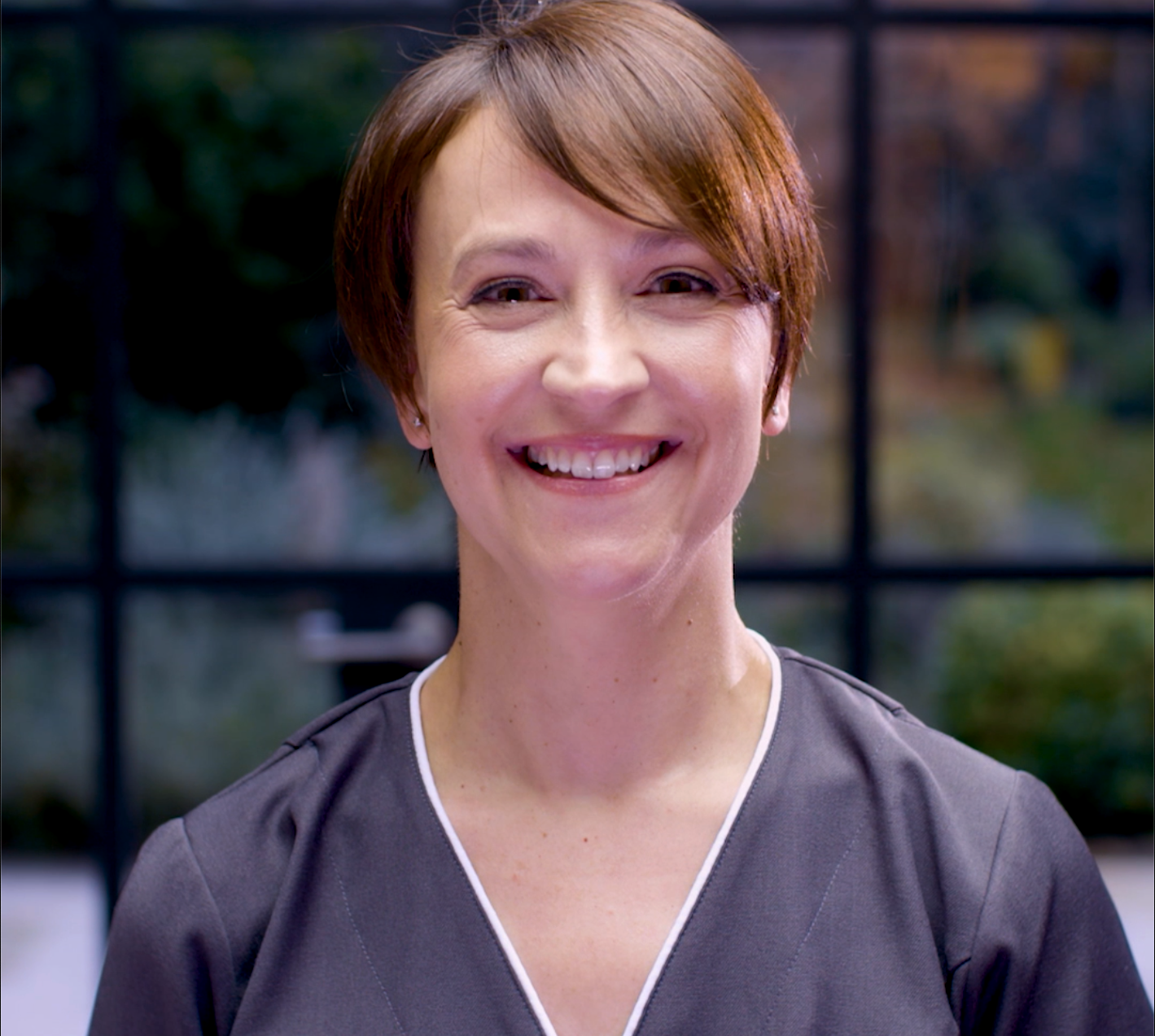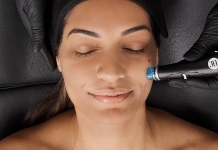Self-Care is not Selfish, says Dermalogica's Candice Gardner.
Make a commitment to yourself to restore your own wellbeing each week.
 As part of this industry it comes naturally to most therapists to give of themselves. Our time, our intention and our energy all play a significant role in the treatments and services we offer.
As part of this industry it comes naturally to most therapists to give of themselves. Our time, our intention and our energy all play a significant role in the treatments and services we offer.
It is important to us to deliver on our services in a way that energises and rebalances our clients both physically and mentally. This is not simply good for business, but it resonates with a sense of higher purpose, our society contribution to improving wellness, reducing stress and restoring self-confidence through the extraordinary power of human connection.
And yet the desire to improve the wellbeing of our clients should not overshadow our own wellbeing. You cannot give what you don't have. Recognising our privilege of human connection and physical touch in a digital world could lead you to feel guilty about prioritising your own needs. Even though this commitment to connection is the very essence of what makes us so good at what we do, forgetting about ourselves can lead to being 'missing in action' – a therapist on autopilot, driven by process or protocols, disengaged from the important connection of their work due to burn out. Sadly, some may even leave the industry.
If you are low on energy and out of balance yourself, it is really not possible to give your best. And if you only ever give without recharging yourself, the consequences may even be longer term illness and disease.
What makes our industry so powerful is the skill and breadth of techniques that can be offered to restore mental and physical balance, rebuild self-confidence and support wellbeing. When it comes to offering advice on taking time out for self-care, our profession is certainly on it. So how about taking some of your own advice and make time for your own self-care.
What sort of activities and commitments can you make to yourself? Here are some suggestions to support your physical wellbeing and your mental wellbeing.
Develop occupational consciousness
Being a practicing skin or wellbeing therapist means you are well aware of the impact of poor posture, repetitive movements or tasks, and badly designed spaces.
The first step in your self-care is to reassess your workspace and look at how you can make the space better for yourself. Whilst you may not be able to make costly changes to a space, it is possible to address repositioning of trolleys or machines for better access, and adjusting treatment bed and chair heights to reduce awkward or strained movements.

Book a regular treatment
Practicing what you preach is another way that you can address your own skin and body health and wellbeing. There are additional benefits to receiving treatments and therapies regularly, like being more in tune with the client experience, but the key is to remind yourself of the value of receiving a treatment, which means you will likely be better at making time for them.
Select treatments and therapy techniques based on your personal needs and preferences so that you can maximise the benefit.
Get some headspace
Our mental wellness determines how we interact with people. With human interaction at the core of what we do, it is vital for us, our clients and our business that we take steps to redress shifts in our state of mind.
A calm, positive experience and supportive environment are essential ingredients of a really great service. Our clients need us to be in the right place (mentally and emotionally) when they come to see us. We need to find remedies to the demands made on us through our daily life, in order to be able to provide outstanding treatments that have real wellbeing value.

Big holidays or camping trips aren't the only way to enjoy the great outdoors. Going for a walk in the woods or on the beach, visiting local gardens or taking a more ambitious hike are all ways to be in the open with nature. The National Trust has many options around the country to enjoy.
Another practice that has grown in popularity is mindfulness. Described as paying attention to the present moment with intention and without judgement, mindfulness clears the psyche of the anxieties of past and future. Actively spending time in the present using mindfulness techniques has demonstrated many tangible benefits. According to studies mindfulness can boost your immune system, useful in reducing work related illness. It has also been shown to improve concentration whilst reducing over thinking that can lead to increased stress and mental health concerns.
Using mindfulness can help you to regulate your emotions. This can be extremely useful for the professional therapist. This technique is an effective strategy for maintaining a calm and positive outset. Avoid bringing the frustrations of the previous day or client to your next treatment, and limit stress or anxiety about the next treatment. The result will mean a much better experience for the client and a better day for you.
Remember self-care is not selfish. Make a commitment to yourself to actively plan and schedule ways to restore your own wellbeing each week. You will be rewarded with a healthier and more fulfilling career. Your clients will certainly thank you for it too.
Candice Gardner is Education Manager – Digital and Content at The International Dermal Institute and Dermalogica.

-13546.png)






